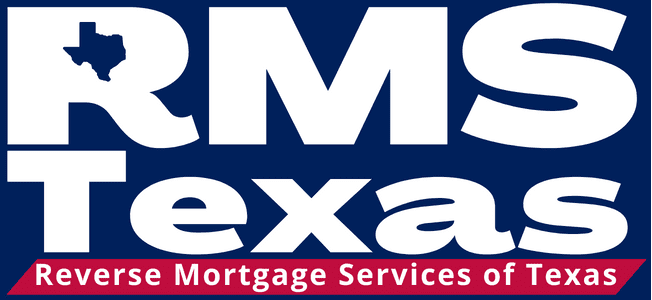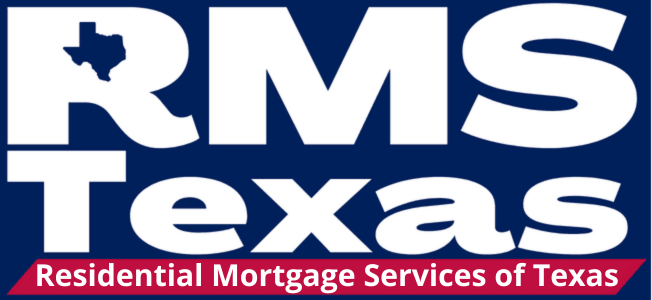
Estate Planning Basics for Texas Seniors
Secure Your Future
Planning for the future as we age, becomes increasingly important, especially when it comes to ensuring that our wishes are honored and our loved ones are cared for. Estate planning can feel overwhelming, but with the right information and guidance, it becomes a manageable and empowering process. For seniors in Texas, understanding the basics of estate planning can make a significant difference in protecting assets, reducing stress, and providing peace of mind.
What Is Estate Planning?
Estate planning involves creating a plan to manage and distribute your assets after your death or in the event of incapacitation. It includes documents and arrangements to specify how you want your property, finances, and personal matters handled. Estate planning is not just for the wealthy—it’s for anyone who wants to ensure their wishes are carried out and their loved ones are cared for.
Why Is Estate Planning Important for Seniors?
- Asset Protection: Proper planning helps protect your assets from unnecessary taxes, creditors, and probate costs.
- Healthcare Decisions: It ensures your medical preferences are followed if you're unable to communicate them.
- Avoiding Family Disputes: Clear instructions minimize the potential for disagreements among family members.
- Supporting Your Loved Ones: You can ensure that your beneficiaries receive what you intend, when you intend.
Key Components of Estate Planning in Texas
Will
A will is the foundation of any estate plan. It outlines who will receive your property and names an executor to manage your estate. In Texas, a valid will must be signed and witnessed by at least two individuals. Without a will, your estate will be distributed according to Texas intestacy laws, which may not align with your wishes.
Living Trust
A living trust allows you to transfer ownership of your assets into the trust during your lifetime. It provides a way to avoid probate and ensure privacy, as trusts are not public records. This can be particularly helpful for seniors who want to simplify the process for their heirs.
Power of Attorney
Designating a power of attorney is crucial for managing your financial affairs if you become incapacitated. A durable power of attorney remains effective even if you can no longer make decisions on your own.
Healthcare Directives
- Medical Power of Attorney: Appoints someone to make healthcare decisions on your behalf.
- Living Will: Specifies your preferences for life-sustaining treatment in case of a terminal or irreversible condition.
- HIPAA Authorization: Allows your chosen representatives access to your medical records.
Beneficiary Designations
Certain assets, like life insurance policies and retirement accounts, are distributed based on beneficiary designations rather than a will. Regularly review and update these to reflect your current wishes.
Guardianship Designations
If you have minor children or dependents, naming a guardian in your will is essential to ensure they are cared for by someone you trust.

New Paragraph

Set-Up a Confidential Discussion
If you or your client are unsure about the details of a reverse mortgage, has questions, or wishes to get started, feel free to schedule a time on Robb's calendar.

Robb Hamilton
NMLS# 358150
Broker License #2407110

This material is not provided by, nor was it approved by the Department of Housing & Urban Development (HUD) or by the Federal Housing Administration (FHA). It is not intended to be a substitute for legal, tax or financial advice. Consult with a qualified attorney, accountant or financial advisor for additional legal or tax advice.
*There are some circumstances that will cause the loan to mature and the balance to become due and payable. The borrower(s) must continue to pay for property taxes and insurance and maintain the property to meet HUD standards or risk default. Credit is subject to age, minimum income guidelines, credit history, and property qualifications. Program rates, fees, terms and conditions are not available in all states and subject to change.
Homeowners must be 62 years of age or older and live in the home as their primary residence. Homes must meet FHA/HUD minimum property standards. Borrowers must maintain hazard and flood insurance premiums, property taxes, utilities and make any property repairs. Although there are no mandatory monthly principal and interest mortgage payments, interest accrues on the portion of the loan amount disbursed if no payments are made. Program rates, fees, terms and conditions are not available in all states and subject to change. At the conclusion of a reverse mortgage, the borrower must repay the loan and may have to sell the home or repay the loan from other proceeds. Charges will be assessed with the loan, including an origination fee, closing costs, mortgage insurance premiums and servicing fees. The loan balance grows over time and interest is charged on the outstanding balance. The borrower remains responsible for property taxes, hazard insurance and home maintenance, and failure to pay these amounts may result in the loss of the home. Interest on a reverse mortgage is not tax-deductible until the borrower makes partial or full re-payment.
NMLS Consumer Access
Disclosures & Licensing
Texas Consumer Complaint Disclosure |
Privacy Policy
Robb Hamilton |All Rights Reserved | RMS Texas
Website managed by Wordflirt






